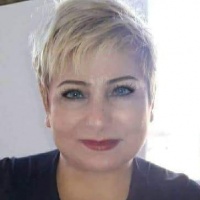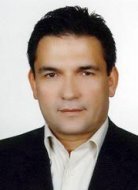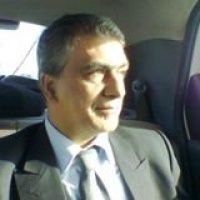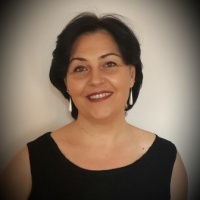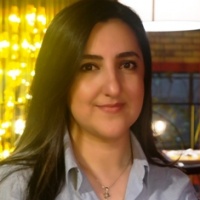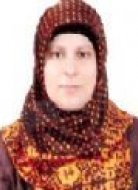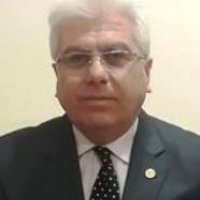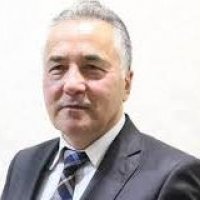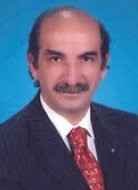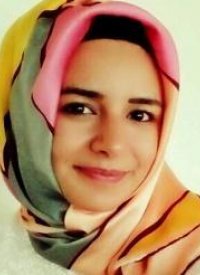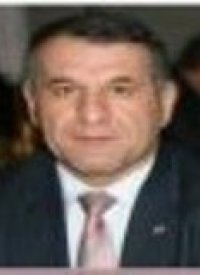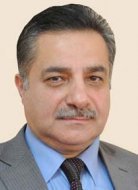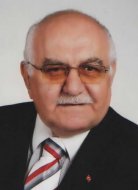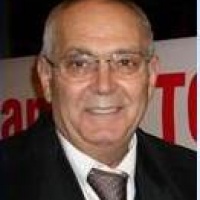Istanbul, March 8 () - Doctors Without Borders Turkey branch is calling on the EU and NATO to undertake more sustainable measures to find a solution to the migrant crisis, saying that taking measures to keep refugees out of Europe will not reduce the influx, but only change the ways people attempt to reach their aimed destination.
“Europe needs to stop this policy of building up fences and walls and trying to stop people from going into Europe. It clearly needs a much more sustainable solution, and anything they do to prevent people from entering Europe will not stop them” Serap Öztürk, the deputy representative of the Turkey branch of the Doctors Without Borders, commonly known with their original name, Medicins Sans Frontieres (MSF), told a group of journalists on March 7 at a meeting in Istanbul.
“People will just keep coming but they will choose much more dangerous roads. This is the only thing that will change. Nothing will stop those people from coming [to Europe],” she said, adding that refugees coming from Afghanistan, Iraq and Syria had reasons to leave the places where they lived.
“So if a sustainable solution is not found and if safe passage conditions are not provided to those people they’ll just keep going to the smugglers,” Öztürk said.
Over one million refugees crossed to the EU via Turkey in 2015, while Turkey currently hosts more than 2.5 million migrants.
Aitor Zabalgogeazkoa, the MSF Turkey representative, said they demanded from the European Union “humane and dignified reception transition conditions” – namely a supply of water, food and sanitation to the refugees who come to their borders.
“And also to make the efforts possible to provide safe passage to the people, which means non-violent reception, re-settlement schemes and help for these people to get out of the hands of human smugglers, which do not allow them to properly cross” Zabalgogeazkoa said.
NATO mission ‘short-sighted’
Commenting on NATO’s Aegean mission, which was established to help Greece, Turkey and the EU’s border agency, Frontex, to combat the refugee crisis during sea crossings, Zabalgogeazkoa said the mission was conducted in “a short-sighted manner.”
“The NATO mission is a short-sighted manner. Taking into consideration that it is much cheaper to control the people properly, to address the people more properly and place the people properly, it is a big fault of the EU” he said.
Turkey and the EU held a summit focusing on the migrant issue in order to discuss the details and implementation of the EU-Turkey Action Plan on March 7 in Brussels. The EU pledged to give 3 billion euros to Turkey to help provide better living conditions for the refugees in the country in exchange for a free-visa regime and the acceleration of Turkey’s EU candidacy bid.
Commenting on the action plan, the MSF’s Turkey representative said they first needed to see what the real agreement was, as “it is not very clear,” adding, “right now it’s really hard to see a positive outcome.”
Stating that as far as they could see, the humanitarian aid offered to Turkey by the EU was based on the condition that Turkey would keep the refugees out of European borders, Öztürk said that such an approach was unacceptable.
“And this seems to us completely unacceptable from the EU perspective” Öztürk said.
She added that “any humanitarian aid needs to be independent of any political agenda.”
“If the aid is completely conditional on Turkey stopping the refugees, then it is not humanitarian aid, it is something else” Zabalgogeazkoa said.
Patients at northern Syria MSF clinics increase four-fold
Patients being treated in MSF clinics in northern Syria have increased around four-fold in the past few months, Ahmad Al Mohammed, the MSF manager of a pharmacy at a medical facility in the Azaz region in northern Syria, said while connecting live to the meeting in Istanbul via Skype on March 7.
Al Mohammed said that while they used to treat 75 to 100 patients daily at the MSF clinics in the Azaz region, which has seen an excessive influx of Syrians escaping airstrikes by Russian and Syrian regime forces in Aleppo province since early February, this number has increased to around 400 patients daily after the strikes.
He said that a shortage of drugs was seen currently due to the influx of displaced Syrians to the region, adding that the most needed drugs were for treating respiratory diseases, diarrhea and pediatric drugs for children.
Al Mohammed said there were currently 11 camps in the Azaz pocket, which is 11 kilometers wide and 7 kilometers deep from the border with Turkey.
He said that some of the tents were not able to be used due to heavy rain and cold weather for the past two days, forcing Syrians to leave their tents and go to other camps or further into Azaz to ask other families to host them until the rainy weather was over and the tents could be fixed for use again.
Currently in some places “more than 13 people live in one tent,” the MSF pharmacist said. “People cannot find houses to rent,” as the region was too crowded and also the rents are very high, he added.
People turning home due to cease-fire
Responding to a question on whether or not the effects of a Syrian cease-fire implemented since Feb. 27 was being felt in northern Syria, Al Mohammed said a lot of people had returned to their homes “considering their situation will be better.”
One week into the cease-fire the “markets are better now,” he said, adding that many basic items still could not be found and those available were around double the price they were before the recent assaults.
“The cease-fire is nice but it needs to be sustainable,” said Öztürk, adding they called for the attacks on civilians and medical facilities to be stopped at once.






